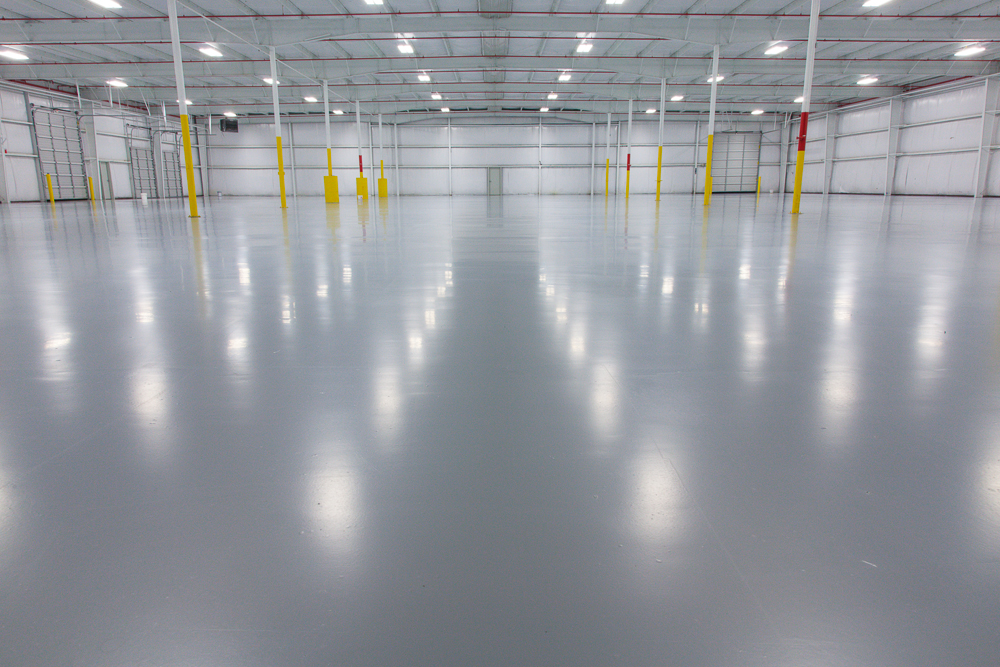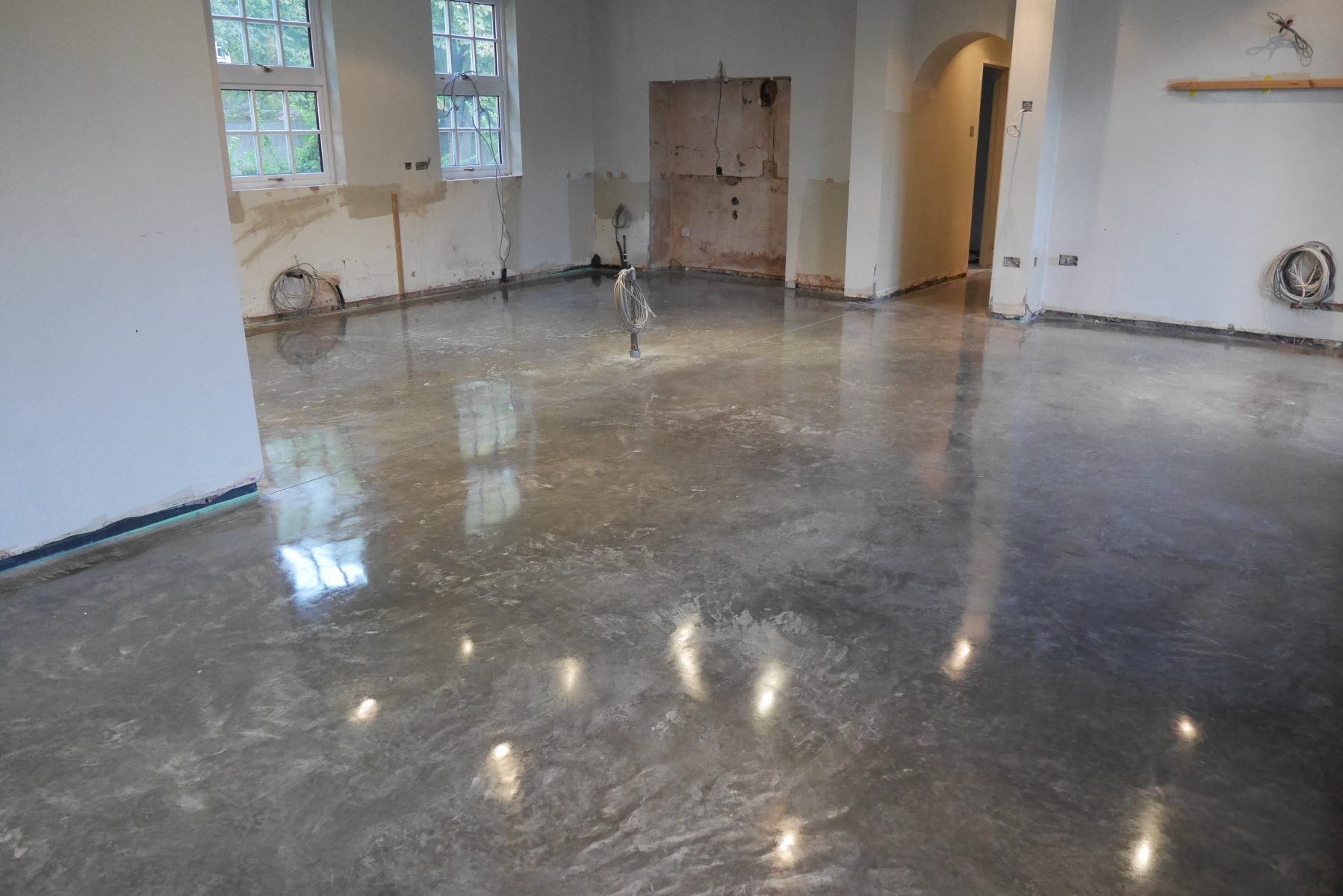Surface Hardeners Explained.
Concrete densifiers are products used to strengthen and harden concrete surfaces, thereby improving their durability and longevity. They work by reacting with the concrete's calcium hydroxide to form calcium silicate hydrate, which fills in the pores and microcracks in the concrete, making it denser and more resistant to wear and tear. In this article, we'll explore the different types of concrete densifiers and their advantages.
Lithium-based densifiers:
Lithium-based densifiers are popular for their ability to penetrate deeper into the concrete, making them effective for improving the hardness and abrasion resistance of both new and old concrete surfaces. They also offer quick curing times and do not leave any residue on the surface.
Lithium densifiers are also environmentally friendly and non-toxic, making them ideal for use in commercial and residential buildings that require a level of water and chemical resistance.

Sodium silicate densifiers:
Sodium silicate densifiers work by reacting with the calcium hydroxide in the concrete to form a calcium silicate hydrate gel that fills the pores and microcracks.
This results in a harder and denser concrete surface that is more resistant to chemical attacks, dusting, and abrasion. Sodium silicate densifiers also improve the concrete's freeze-thaw resistance, making them ideal for use in cold climates.
The size of the molecule present in sodium densifiers provides the ideal solution for repair of rain damage slabs or preparation for heavy vehicle traffic in commercial warehouse projects.
Potassium silicate densifiers:
Potassium silicate densifiers are similar to sodium silicate densifiers but are more effective at penetrating the concrete surface. They also offer better resistance to chemicals and abrasion and can be used on both new and old concrete surfaces. Potassium silicate densifiers also improve the concrete's curing time and enhance its aesthetic appearance.
Some potassium formulations can be used as a same day application for freshly pored concrete projects, potassium densifiers are also a suitable solution for preparation of polished concrete floors or dusting slabs.

Colloidal Densifiers:
Colloidal densifiers are typically made from very small, nano-sized particles (colloids) suspended in a liquid, often a silicate solution. The main function of colloidal densifiers is to penetrate the concrete surface and react with the calcium hydroxide present in the concrete. This reaction forms calcium silicate hydrate (C-S-H), which is the primary compound that gives concrete its strength.
Penetration:
Due to their nano-sized particles, colloidal densifiers penetrate deep into the concrete, allowing for a more thorough reaction within the substrate.
Reaction:
Once inside the concrete, the colloidal particles react with the free lime (calcium hydroxide) to produce C-S-H, filling the pores and capillaries within the concrete. This process increases the density and reduces the porosity of the concrete, making it harder and more durable.
Application:
Colloidal densifiers are typically applied to freshly poured concrete or existing concrete surfaces.
They are often used in combination with polishing processes to create a polished concrete floor with a hard, glossy finish that requires a high end resistance to moisture and chemical exposure.
Advantages of using a concrete densifier:
- Improves durability:
Concrete densifiers improve the concrete's strength and durability, making it more resistant to wear and tear, chemical attacks, and abrasion.
- Enhances appearance:
Densifiers can improve the concrete's aesthetic appearance by enhancing its shine and reducing the porosity, resulting in a smoother and more polished surface.
- Cost-effective:
Densifiers are a cost-effective way to improve the longevity of concrete surfaces, reducing the need for frequent maintenance and repair.
- Environmentally friendly:
Many densifiers are non-toxic and environmentally friendly, making them safe for use in commercial and residential buildings.
In conclusion, concrete densifiers offer a range of advantages, including improved durability, enhanced appearance, cost-effectiveness, and environmental safety. There are different types of densifiers available, each with its unique advantages and applications. If you're looking to improve the longevity of your concrete surfaces, consider using a densifier that best suits your needs.
